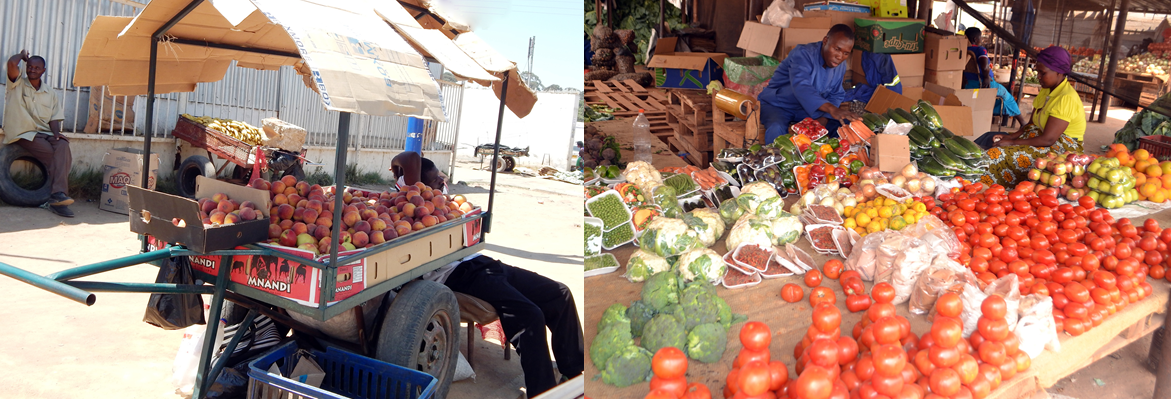From Corporate Social Responsibility to Sustainable Agribusiness Modelling
The failure of donor-funded programmes to transform African agriculture is resulting in more attention turning to the private sector as a potential source of better agricultural outcomes. Several multi-million dollar donor programmes have been launched with pomp and media saturation but the end has often not been as loud as the beginning. At the end Read more about From Corporate Social Responsibility to Sustainable Agribusiness Modelling[…]










